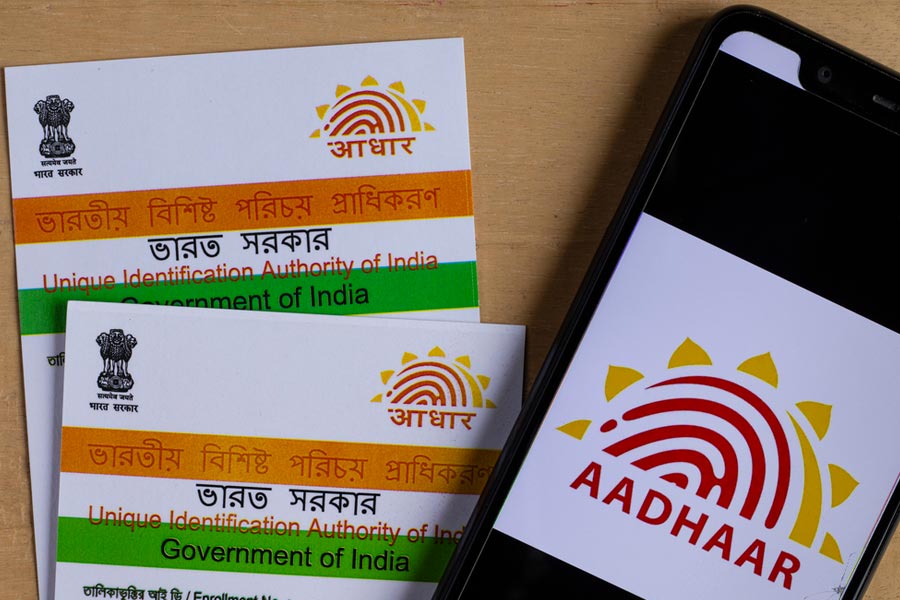The Unique Identification Authority of India (UIDAI) can be directed to disclose to court the data of a missing person in a sealed cover in exceptional circumstances, the Delhi High Court has ruled.
The high court said in a habeas corpus case, there is a sense of urgency with which the court has to act as the missing person could be in danger and under such circumstances, the UIDAI can be directed to provide the data forthwith.
A habeas corpus petition is filed seeking direction to produce a person who is missing or has been illegally detained.
“… considering the urgency of the matter, and in order to safeguard the safety and security of an individual, UIDAI can also be directed by the high court dealing with the habeas corpus petition, in exceptional cases such as the present one, to disclose the data to the court in a sealed cover, even without being afforded a prior hearing,” a bench of Justice Prathiba M Singh and Amit Sharma said.
The bench referred to the Supreme Court’s K S Puttuswamy judgment in which the right to privacy was held as a fundamental right and said it is a settled proposition that the data provided to the UIDAI while making an Aadhaar card is private and personal information of an individual.
“The same (data) needs to be maintained with confidentiality and secrecy should be ensured by the UIDAI. Under normal circumstances the data given by any individual for preparing an Aadhaar card would be the personal data of the said individual and would be governed by the law of privacy. However, sometimes there are exceptions to this…,” the high court said.
The high court was hearing a habeas corpus petition by a daughter seeking direction to police to produce her mother who is missing since May 2019.
The court was informed that though the woman has been missing for over five years, her Aadhaar data has been updated and it mentioned her most recent address and mobile number.
“The mother of the petitioner is currently not traceable despite repeated efforts made by the Delhi Police. The daughter has information that recently the Aadhaar card of the mother has been updated. Under such circumstances, in a habeas corpus writ petition when the Aadhaar card of the missing person may have been updated, the court dealing with such a petition would not be able to hear the person concerned who is the holder of Aadhaar card and is missing,” it said.
The Delhi Police, in its status report, submitted that there was no trace of the petitioner’s mother.
The high court said the only information now available is on the basis of the updated Aadhaar data and provided the updated address and mobile number of the woman to the police for investigation.
In an order passed on July 30 and uploaded on Wednesday, the court asked the poice to file an updated status report on her whereabouts.
“Let an updated status report be filed by the Delhi Police. If there is any updating or editing of information with regard to the Aadhaar card of the mother of the petitioner by the next date of hearing, the same shall also be provided in a sealed cover to the court, by the UIDAI, on the next date of hearing,” the bench said and listed the matter for further proceedings on August 20.
It said police should use the data of the missing person only for tracing her and maintain confidentiality.
Except for the headline, this story has not been edited by The Telegraph Online staff and has been published from a syndicated feed.












